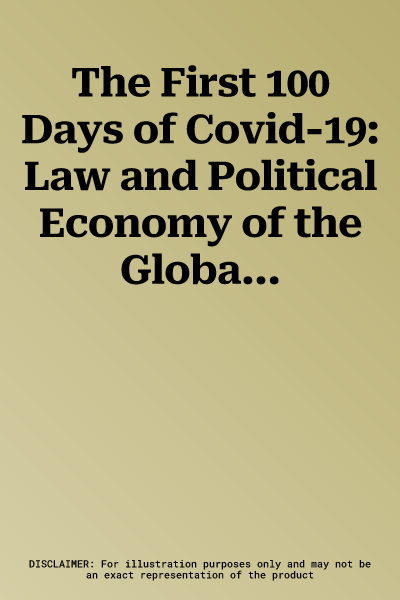The First 100 Days of Covid-19: Law and Political Economy of the Global Policy Response (2023)Hardcover - 2023, 26 April 2023

Qty
1
Turbo
Ships in 2 - 3 days
In Stock
Free Delivery
Cash on Delivery
15 Days
Free Returns
Secure Checkout

Print Length
569 pages
Language
English
Publisher
Palgrave MacMillan
Date Published
26 Apr 2023
ISBN-10
981196324X
ISBN-13
9789811963247
Description
Product Details
Book Edition:
2023
Book Format:
Hardcover
Country of Origin:
NL
Date Published:
26 April 2023
Dimensions:
21.01 x
14.81 x
3.33 cm
ISBN-10:
981196324X
ISBN-13:
9789811963247
Language:
English
Location:
Singapore
Pages:
569
Publisher:
Weight:
857.29 gm